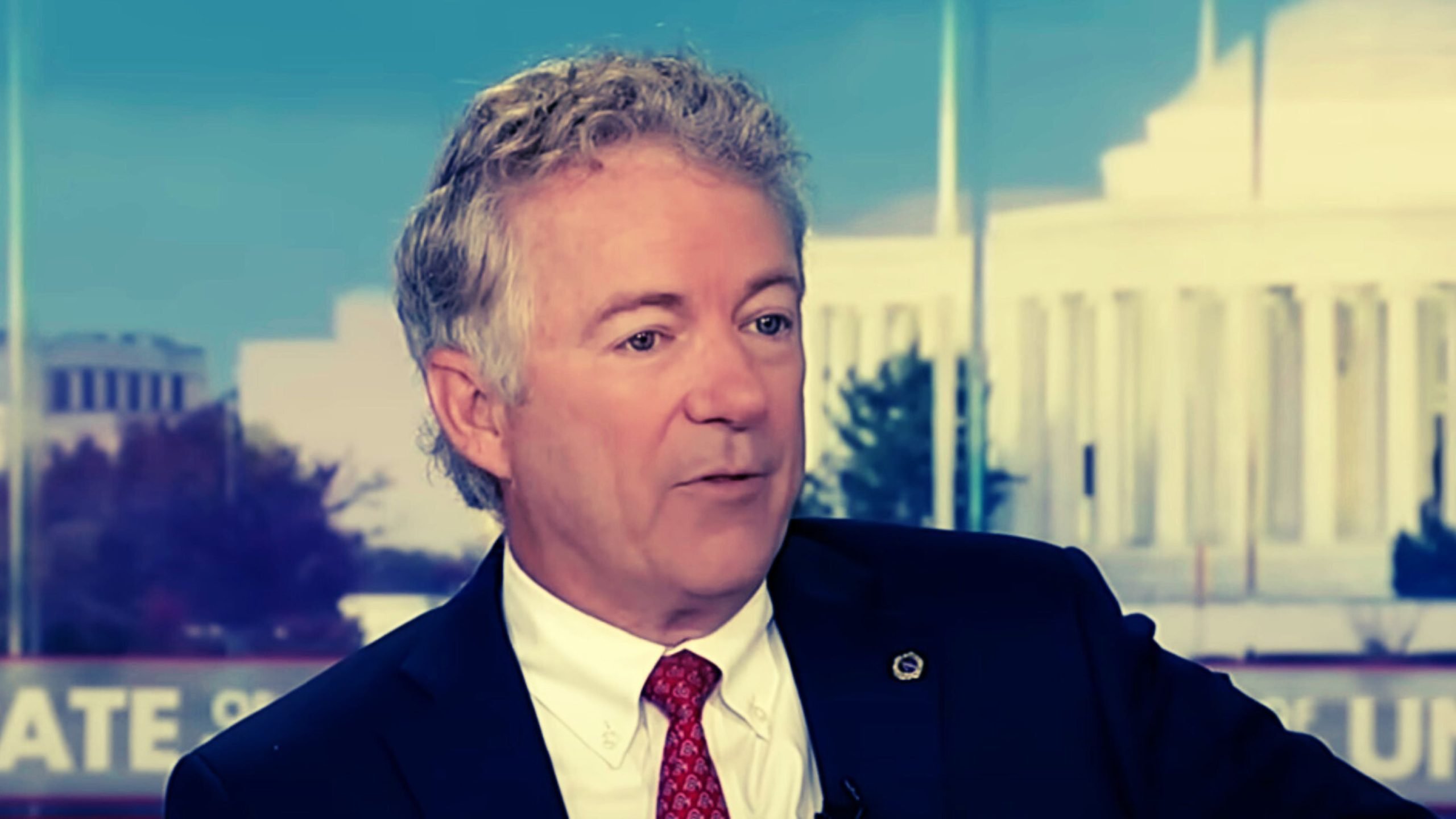Senator Paul Rand, who is about to take over as chair of the US Senate Committee on Homeland Security and Governmental Affairs, has spoken in favor of shutting down the Cybersecurity and Infrastructure Security Agency (CISA).
CISA, a part of the Department of Homeland Security (DHS), was established in 2018 to do just what its name says – but has in the meanwhile become weaponized to suppress free speech, opponents believe, citing a number of programs where CISA was involved in monitoring and flagging online posts for removal.
Senator Paul refers to the agency’s behavior – which he says included the ability to censor content and thus influence what information is available to people – as “intrusions into the First Amendment.”
“The First Amendment is important, that’s why we listed it as the First Amendment. I’d like to, at the very least, eliminate their ability to censor content online,” Paul said in a post on X.

The senator was referencing his previous statements made for Politico, when he revealed he is in favor of shuttering CISA completely, while at the same time conceding that this is “unlikely” to happen – but also promising there will be hearings, as the incoming committee starts probing this government entity “working” with social media.
According to Politico, Democrats in Congress would react “fiercely” against any attempt not only to dismantle but also to limit CISA’s powers.
CISA representatives, like senior adviser Ron Eckstein, continue to claim that the agency is merely doing its job, without ever overstepping the mandate and engaging in censorship. Quite the contrary, Eckstein told the press – according to him, CISA is in fact protecting Americans’ “freedom of speech, civil rights, civil liberties, and privacy.”
Taking into account what has come to light regarding CISA’s activities over the past four years in particular, that is an extraordinary claim, and one Senator Paul clearly disagrees with.
Even though established under President Trump’s first administration, CISA assumed an active role around the highly contentious 2020 election, allegedly to suppress those voicing their concerns online about the legitimacy of the vote.
CISA and legacy media supporting the policies the agency is executing – or has been until now – describe this as “countering domestic disinformation,” and suggest that CISA is these days more focused on fighting back adversaries from abroad.














